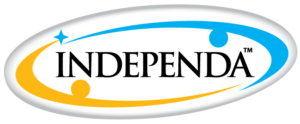Certain aspects of the aging process – including chronic illnesses and physical limitations – can substantially affect the quality of life for an elderly individual and, consequently, the amount of monitoring and care they require. Recently, The New York Times covered new government research regarding the challenges assisted living community managers face due to the overlapping mental and physical health concerns of residents.
The source reported that 82 percent of assisted living residents in 2010 had been diagnosed with heart disease, high blood pressure or Alzheimer's disease, and 9 percent of these individuals suffered from all three.
"Much of the way we practice medicine is looking at disease by disease. We aren't doing enough thinking about how to add them together and really integrate care," said John Hopkins professor Dr. Cynthia Boyd, who specializes in geriatric medicine.
This discovery has made it clear that medical professionals and researchers must shift focus to a more comprehensive approach to eldercare. But, what do these statistics mean for today's care managers?
Given that certain treatments for these conditions can potentially exacerbate the symptoms of other ailments, it is all the more essential for care managers to provide continual monitoring – especially for their higher-risk residents. With Independa's technology-enabled eldercare, these professionals can track their care recipients, schedule medical reminders and respond immediately to any concerning shifts in routine or behavior. This way, you can expand the scope of your personnel and ensure that a caregiver is on hand as needed without infringing on your residents' independence.
In addition, Independa's Angela interface allows older individuals to contact their care managers, as well as their loved ones, immediately via Skype, email or Facebook from their LG televisions.
To learn more about how our cutting-edge approach to eldercare can supplement your services, contact Independa through our online form today.




